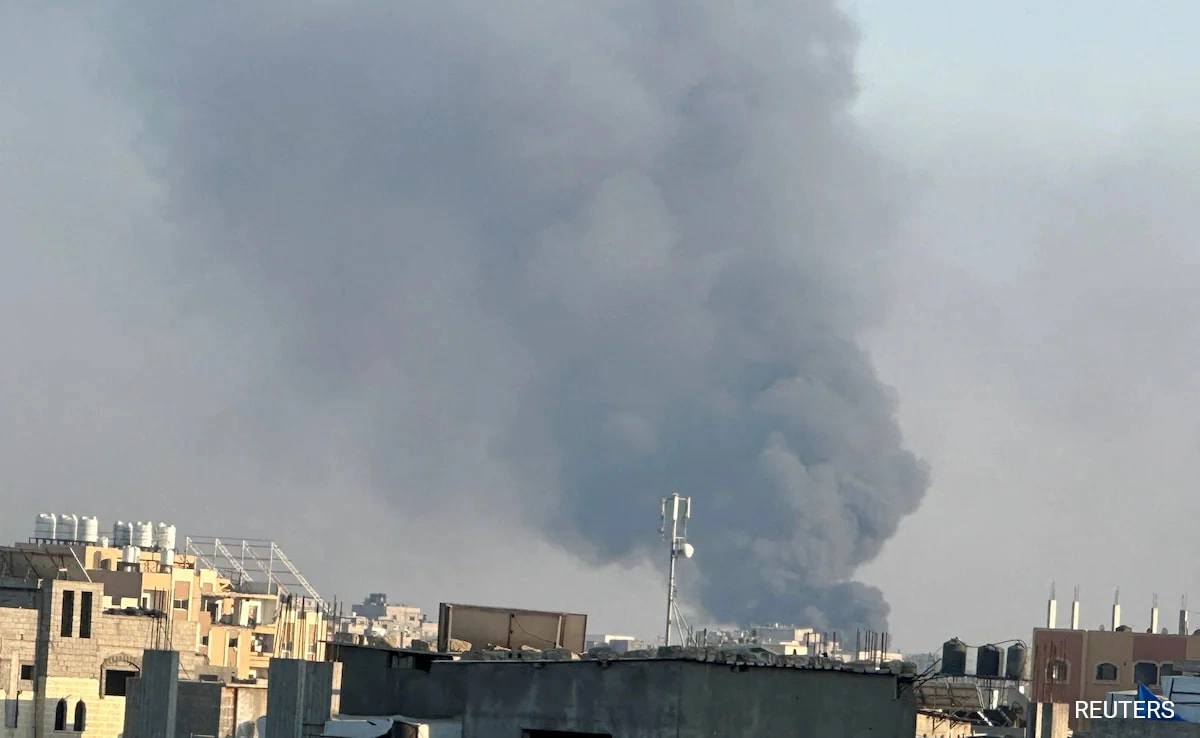The relationship between Israel and Arab states has been characterized by deep-seated animosities and complex geopolitical dynamics since the establishment of the state of Israel in 1948. Initially, the creation of Israel was met with fierce opposition from neighboring Arab countries, which viewed it as a direct affront to Palestinian sovereignty and an act of colonialism. This opposition culminated in several wars, including the 1948 Arab-Israeli War and the 1967 Six-Day War, where Israel not only defended its existence but also expanded its territory significantly. These conflicts entrenched a cycle of mistrust and hostility that has persisted for decades, shaping the political landscape of the Middle East.
As years progressed, the bitterness in the Israel-Arab relationship became more pronounced, with the Arab states uniting under platforms like the Arab League, which sought to isolate Israel diplomatically and economically. The Palestinian issue remained at the heart of this animosity, as Arab nations rallied around the Palestinian cause, often using it to bolster their own political legitimacy. The complexities of this relationship were further exacerbated by external influences, including the Cold War, with superpowers taking sides, and the rise of radical groups that positioned themselves against Israel, complicating any potential for dialogue or peace.
However, the dynamics began to shift in the late 20th and early 21st centuries. The landmark peace agreements, such as the Camp David Accords between Israel and Egypt in 1978, demonstrated that reconciliation was possible. In recent years, agreements like the Abraham Accords have seen Israel normalize relations with several Arab states, including the United Arab Emirates and Bahrain. These developments suggest a gradual thawing of relations, driven by shared concerns over Iran’s influence in the region and mutual economic interests. Yet, the underlying issues, particularly the Israeli-Palestinian conflict, continue to pose significant challenges, reminding us that while diplomatic ties may be established, the historical grievances and aspirations of the Palestinian people remain unresolved.
The ongoing complexities of the Israel-Arab relationship illustrate a broader struggle for identity, sovereignty, and peace in a region marked by historical grievances. The path to reconciliation is fraught with challenges, but recent developments indicate a possibility for a new paradigm in the Middle East, where strategic interests and economic partnerships might pave the way for a more stable future. Nonetheless, true peace will require addressing the root causes of conflict and fostering mutual understanding, as the legacy of bitterness is not easily forgotten and continues to shape the narratives of both Israelis and Arabs alike.




